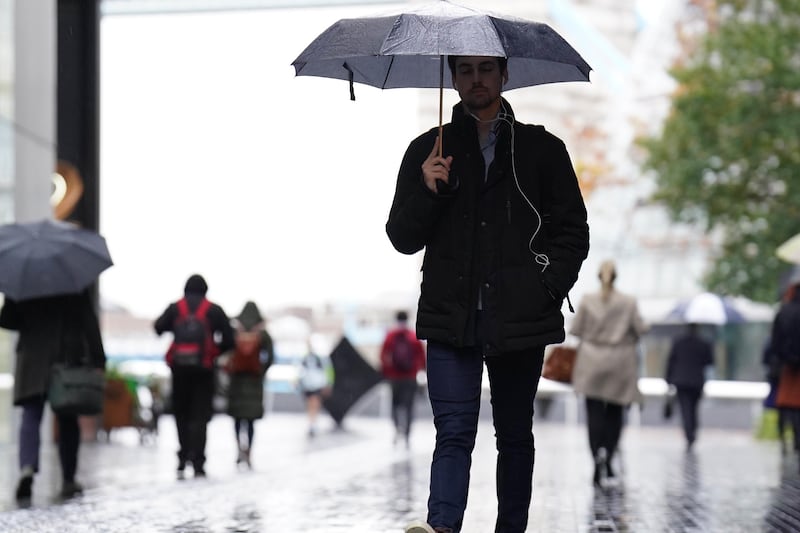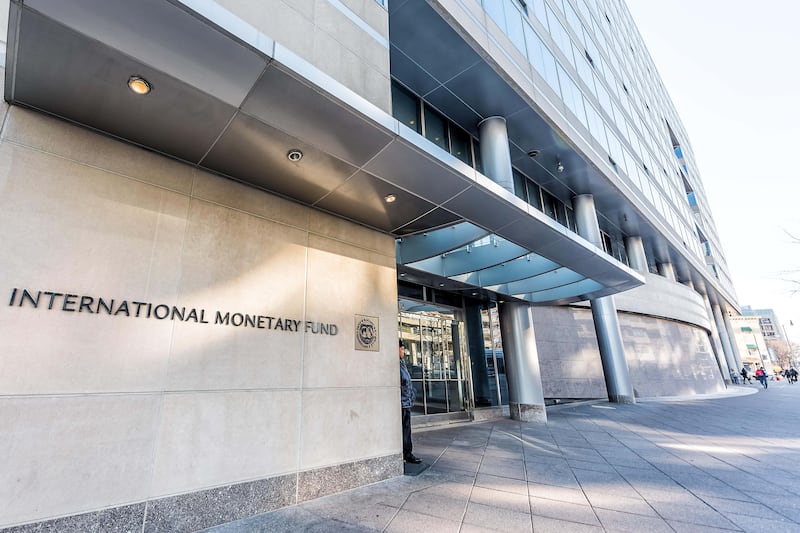PRIVATE recruitment firms have received a 40 per cent cut of a £1.8million NHS campaign budget to attract overseas nurses to Northern Ireland during an unprecedented staffing crisis.
Despite the investment, only 133 new recruits are in post across the north's hospitals and community sector since the international drive was launched by the Department of Health in 2016.
Department chiefs have insisted they are "on course" to meet their target of employing 622 international nurses by March 2020 but The Irish News understands concerns have been raised privately about the scheme's slow pace and soaring bill.
It can also be revealed that more money has been spent on paying "specialist agency fees" than on training the overseas arrivals.
Italy, Greece, Romania, India and the Philippines have been visited by health trust staff and private agency firms, TTM Healthcare and HCL Permanent, over the past two years.
TTM Healthcare states on its website it has a "dedication to attracting the highest calibre candidates" while "providing maximum value for money".
Meanwhile, HCL Permanent describe themselves as "experts" at sourcing candidates "both at home and overseas" with "an impressive track record of managing far-reaching international campaigns".
Figures obtained by The Irish News reveal that two companies were paid £750,000 against the £677,000 used for training the new nurses.
The British Home Office received the remaining £420,000 for "certificates of sponsorship".
To date, a total of £1.8m has been spent on the campaign during a record nursing shortage - with more than 2,000 jobs now lying empty.
In a statement, the Department admitted it is "working closely with the (recruitment) agencies to increase the pace of recruitment".
A similar overseas drive took place more than a decade ago and was largely successful.
Janice Smyth, director of the Royal College of Nursing (RCN), last night raised concerns as to whether this latest campaign could attract more than 600 nurses by early 2020.
"I'm not sure we're going to meet this target," she said.
She also criticised the "ill advised and ill thought-out" cost-saving measures that had led to the staffing crisis.
"We have found ourselves in a position where we have the worst nursing shortage on record," she said.
"I totally understand that we need to recruit but the information obtained by The Irish News shows it has become increasingly difficult to recruit overseas nurses to Northern Ireland where we are paid less than anywhere else in the UK."
The nursing chief was also critical of the cost of private recruitment firms.
"It is disappointing that in a country where we have far more applications for people to train as nurses that we are investing money in recruitment agencies," she added.
"Furthermore, we were in this position back in 2000 when we were assured that our educational commissioning arrangements (to increase more nursing training places) would ensure this would never happen again. Yet we now have the highest number of nursing vacancies and worst staff shortages - surely there are lessons to be learned."
A Department spokeswoman confirmed a total of 187 EU and non-EU recruits had arrived in Northern Ireland by the middle of last month. However, of this total, only 133 can work legally because they have registered with the regulator in London. A further 24 recruits are working as in less skilled and lower paid jobs as healthcare assistants.
She added that an overall budget of £4.2m had been allocated to 'International Nursing Recruitment' over the past two years by the Department.
This budget was not spent because not enough nurses have been hired. Of the £4.2m, £3.1m has been "allocated for specialist agency fees" with the remaining £1.1m set aside for training nurses and Home Office costs.








